Traveling can sometimes tug at your heartstrings, especially when you encounter stray animals in need. While exploring exotic locales, have you ever wondered how you could help a stray dog in Bali or a lost cat in Thailand? Here are practical steps to take without stepping out of your comfort zone.
1. Assess the Situation
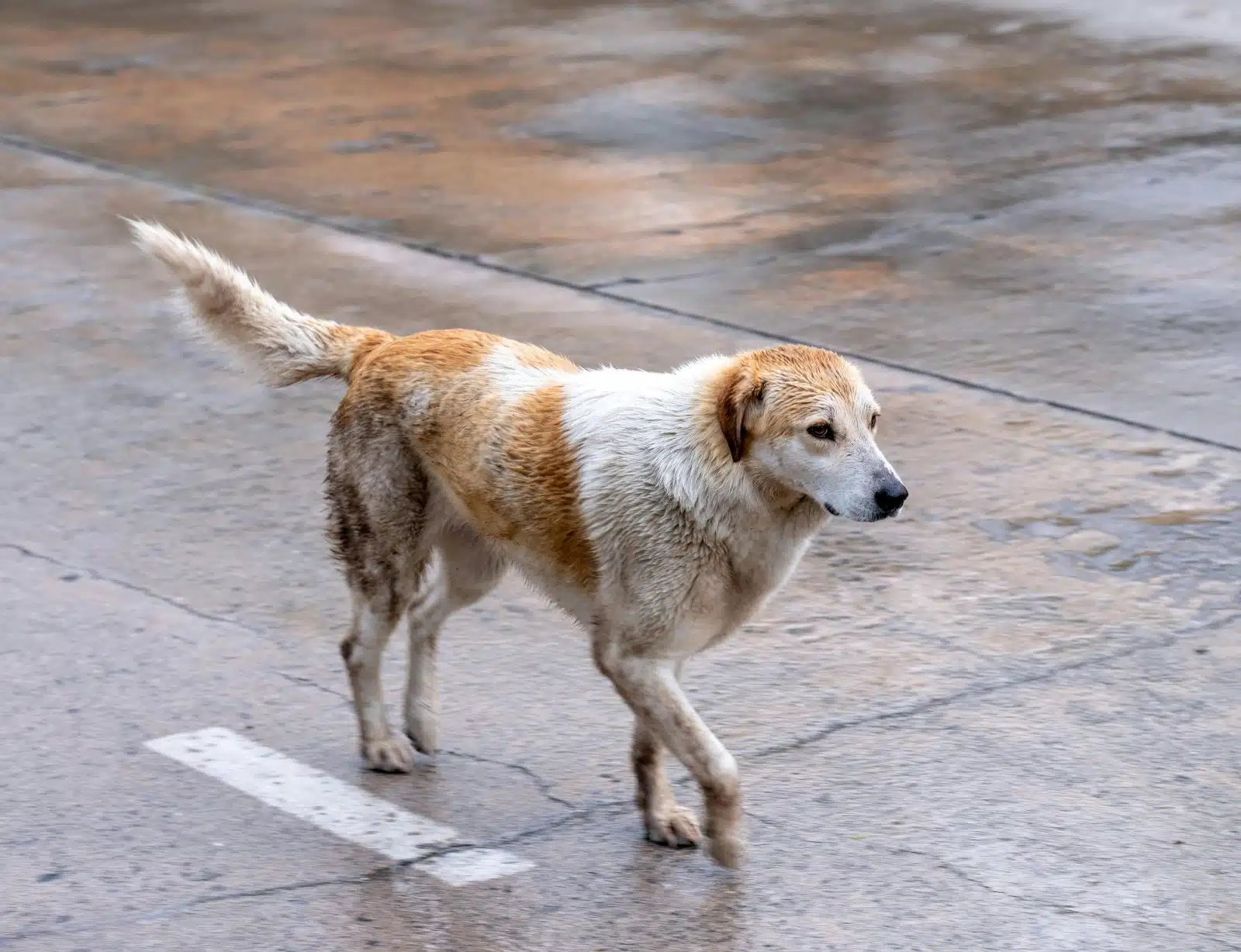
Image Credit: Pexels / Doğan Alpaslan Demir
Before you approach, observe whether the animal is in distress or simply a local pet roaming freely. Misunderstandings can lead to unnecessary interventions.
2. Approach with Caution

Image Credit: Pexels / Julia Volk
Always approach strays slowly and gently to avoid frightening them. Remember, an animal’s first instinct may be to defend itself if it feels threatened.
3. Check for Identification

Image Credit: Pexels / Nothing Ahead
Look for a collar or any form of identification. This can help you contact the owner directly or inform local authorities who the animal belongs to.
4. Offer Food and Water

Image Credit: Pexels / FOX
Providing water and suitable food can be a big help, but make sure it’s safe for the animal. Avoid foods that are harmful to pets, like chocolate or onions.
5. Contact Local Rescues

Image Credit: Pexels / hedgehog94
Get in touch with local animal shelters or rescue groups. They have the resources to give proper care and can guide you on the best actions to take.
6. Use Social Media

Image Credit: Shutterstock / sondem
Posting pictures of the stray on local social media groups can help locate the owner or find someone nearby who can offer more immediate help.
7. Be Mindful of Health Risks

Image Credit: Pexels / Alexas Fotos
Consider your health and safety. Stray animals may carry diseases. Avoid direct contact if the animal seems aggressive or unwell.
8. Support Neutering Programs
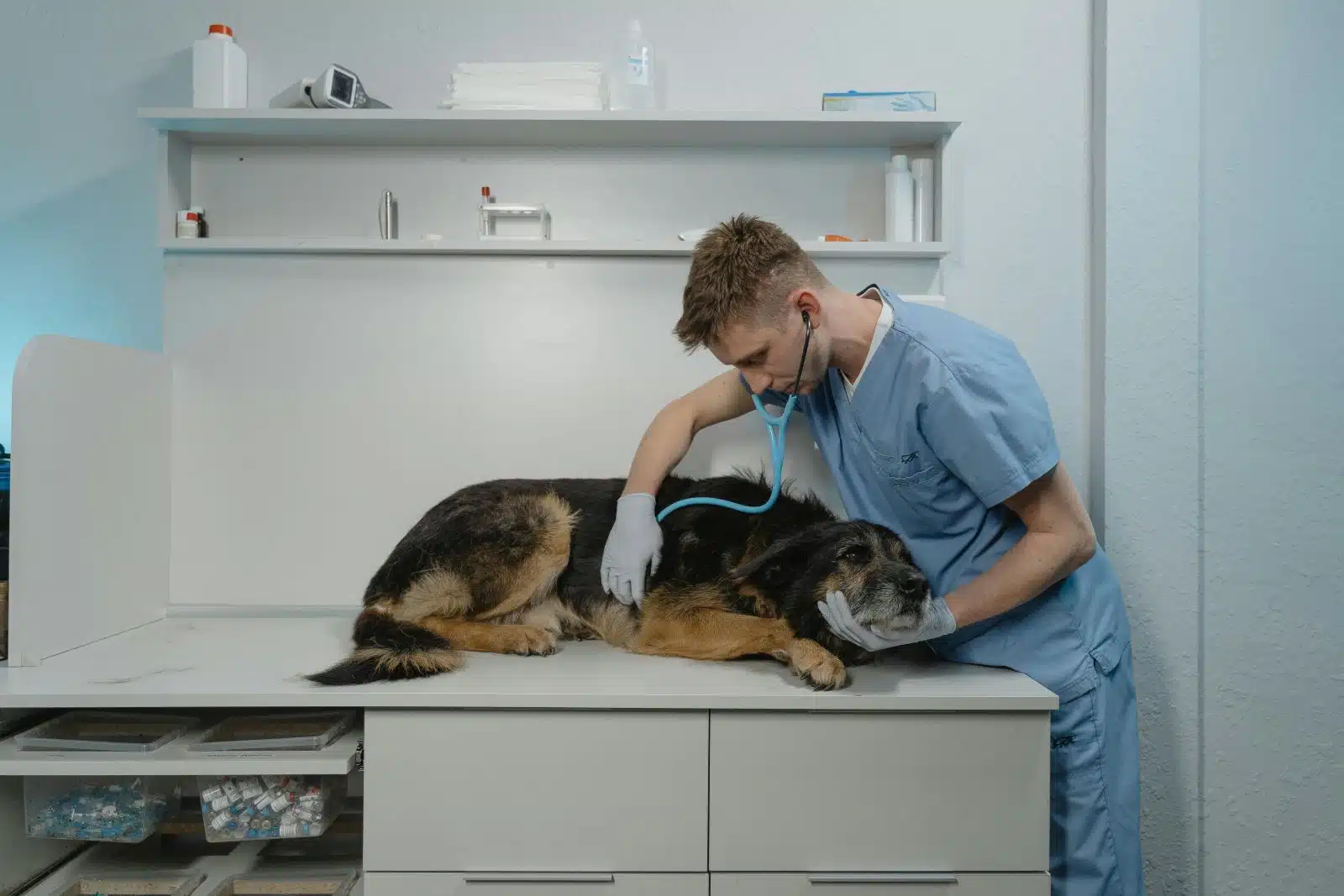
Image Credit: Pexels / Tima Miroshnichenko
Support local spaying and neutering programs. These can reduce the number of strays and improve the health of local animal populations.
9. Respect Local Customs

Image Credit: Pexels / Ivan Babydov
Be aware of local attitudes and laws regarding animals. In some cultures, stray animals are viewed differently, and your actions should respect local practices.
10. Do Not Disturb Wildlife

Image Credit: Pexels / Sanjiv Banga
If the animal is part of the local wildlife, observe from a distance. Feeding or attempting to touch wild animals can disrupt their natural behavior.
11. Document Your Interactions

Image Credit: Shutterstock / Beach Creatives
Keep a record of where and when you found the animal and what actions you took. This can be helpful to rescuers or future caregivers.
12. Learn Basic Animal First Aid

Image Credit: Shutterstock / Pixel-Shot
Knowing basic first aid can help you address minor injuries a stray might have. Carry a small animal first aid kit when you travel.
13. Avoid Potential Hazards

Image Credit: Pexels / Yoss Traore
Be cautious about bringing a stray into your lodging or car. They may have fleas, ticks, or other pests.
14. Prepare for Emotional Impact
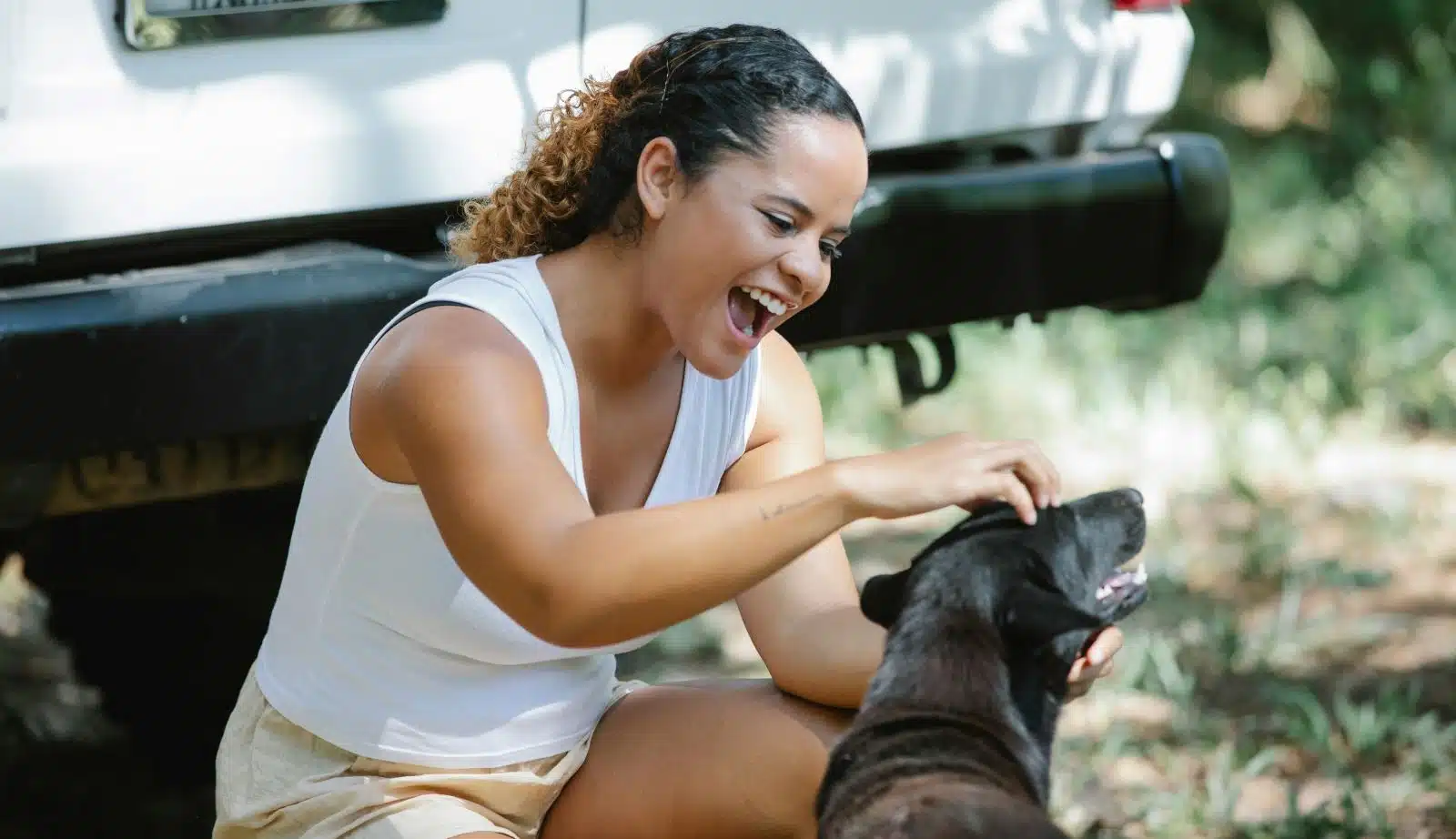
Image Credit: Pexels / Uriel Mont
Helping strays can be emotionally taxing. Prepare yourself for the reality that you might not be able to solve all issues during your stay.
15. Advocate for Animal Rights

Image Credit: Pexels / Samet Çolakoğlu
Promote good treatment of animals among fellow travelers and locals. Advocacy is a powerful tool for change.
16. Donate to Local Shelters

Image Credit: Pexels / Mia X
Even small donations can make a big difference to local shelters struggling with resources.
17. Volunteer Your Time

Image Credit: Shutterstock / hedgehog94
If your travel schedule allows, consider volunteering at a local shelter or rescue group.
18. Consider Long-Term Help
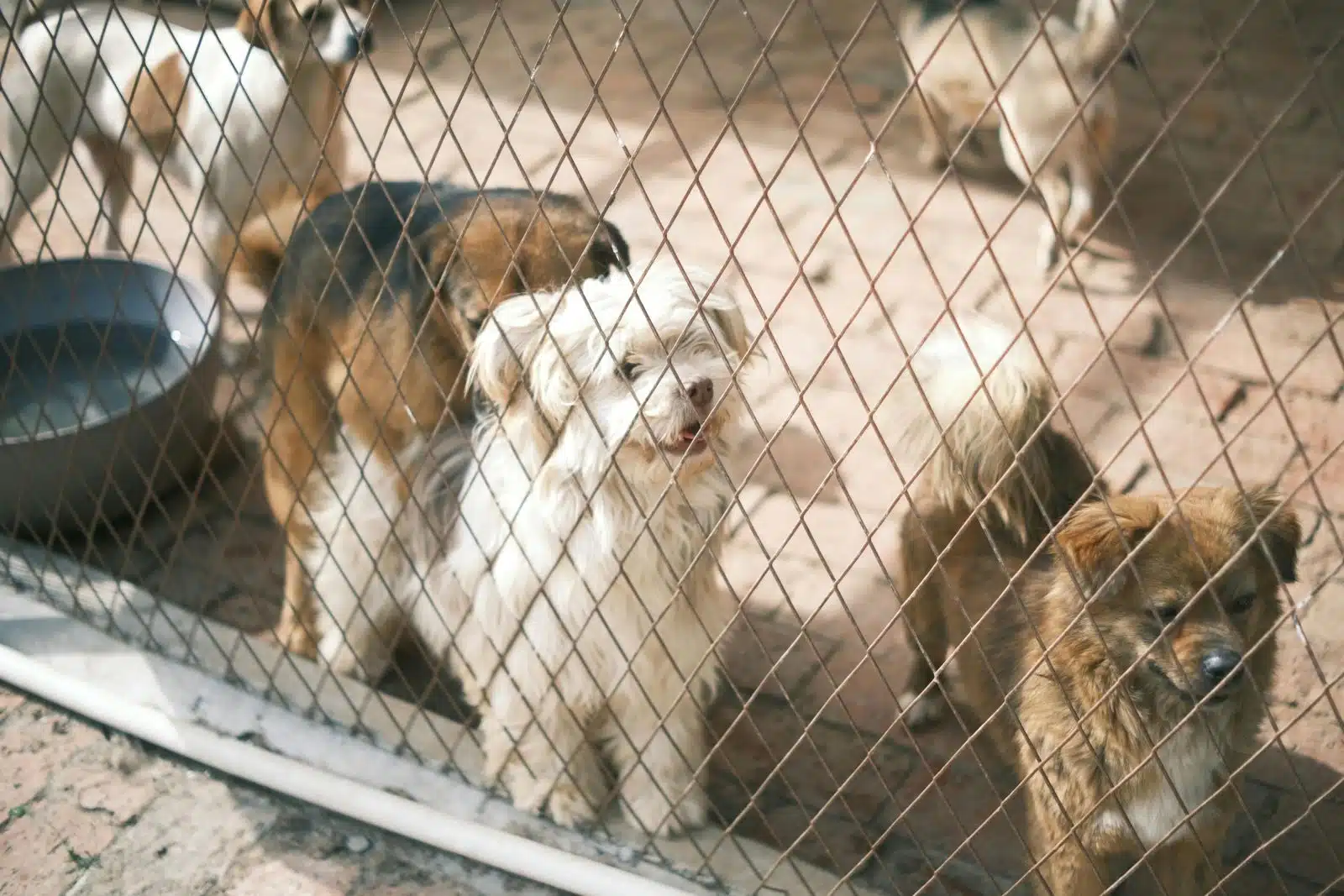
Image Credit: Pexels / Mia X
If you’re particularly moved by a stray’s plight, consider whether you could adopt or sponsor its care from afar.
19. Educate Others

Image Credit: Pexels / Samson Katt
Share your experiences and knowledge with other travelers. Educating others can spread effective help for strays globally.
20. Carry Contact Information

Image Credit: Pexels / Adrienn
Have a list of local veterinarians and animal shelters on hand during your travels. Being prepared can make all the difference.
A Helping Hand Far From Home
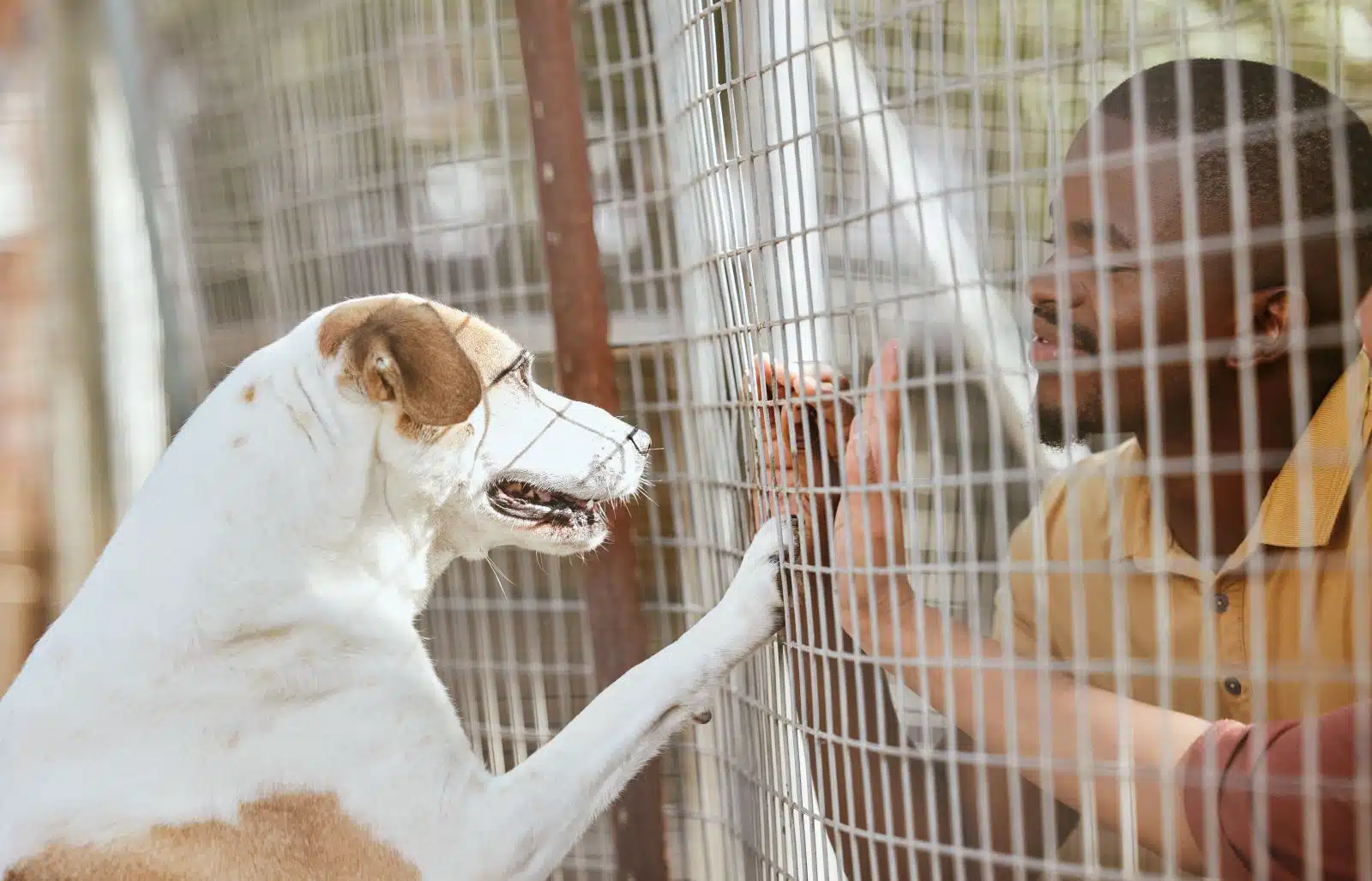
Image Credit: Shutterstock / PeopleImages.com – Yuri A
Helping a stray animal while traveling showcases the best of human kindness. Each small act of care can ripple outwards, creating a safer environment for animals worldwide. What will your impact be on your next journey?
More From The Green Voyage
Top 10 Trending Travel Destinations 2024
6 Essential Banking Apps for International Travel – Managing Your Finances on the Go
Traveling With Kids – 10 Tips to Create Memorable Family Holidays
Featured Image Credit: Shutterstock / YouraPechkin.
For transparency, this content was partly developed with AI assistance and carefully curated by an experienced editor to be informative and ensure accuracy.
Tips for Trip Success
Book Your Flight
Find an inexpensive flight by using Kayak, a favorite of ours because it regularly returns less expensive flight options from a variety of airlines.
Book Your Hotel or Special Accommodation
We are big fans of Booking.com. We like their review system and photos. If we want to see more reviews and additional booking options, we go to Expedia.
You Need Travel Insurance!
Good travel insurance means having total peace of mind. Travel insurance protects you when your medical insurance often will not and better than what you get from your credit card. It will provide comprehensive coverage should you need medical treatment or return to the United States, compensation for trip interruption, baggage loss, and other situations.Find the Perfect Insurance Plan for Your Trip
